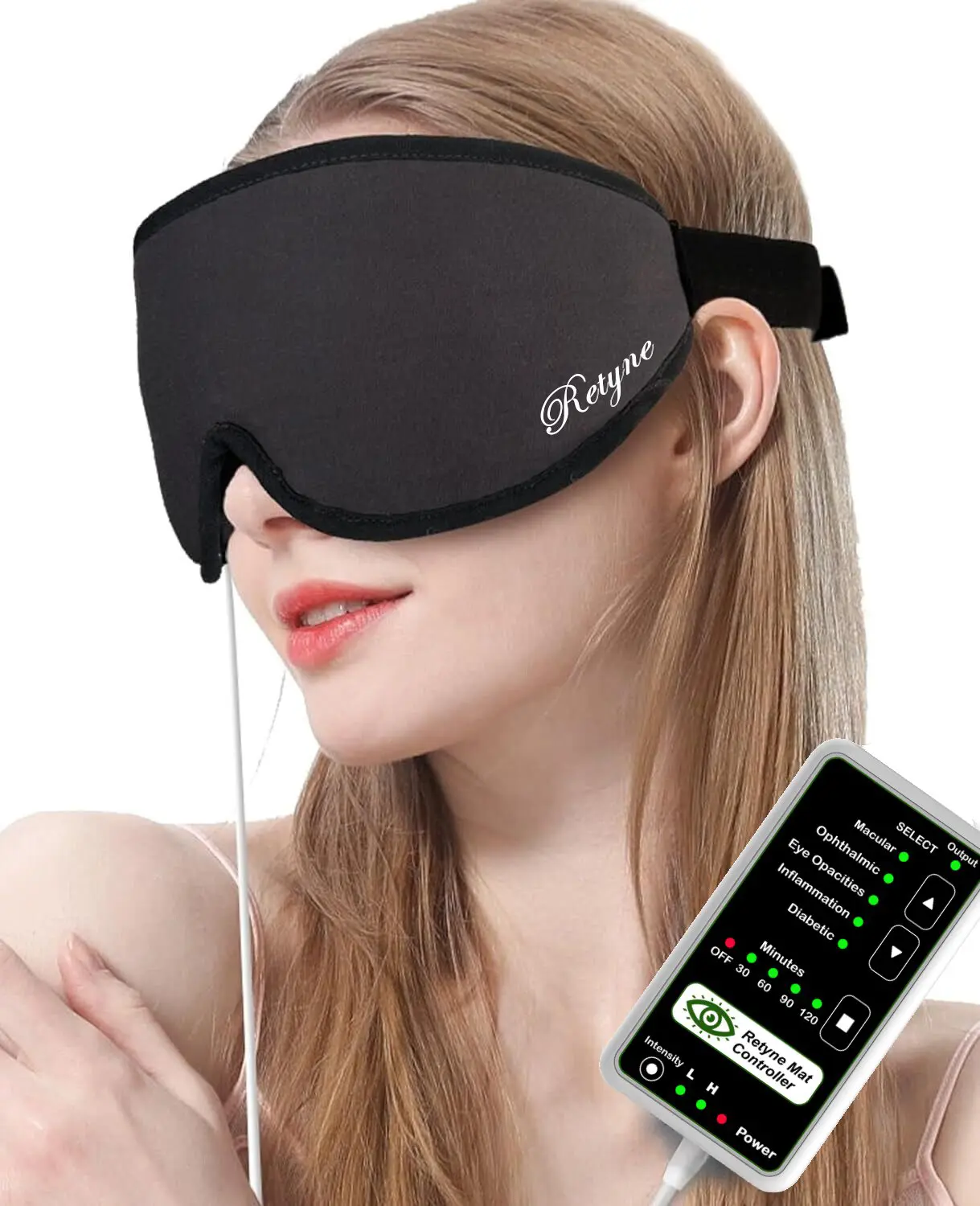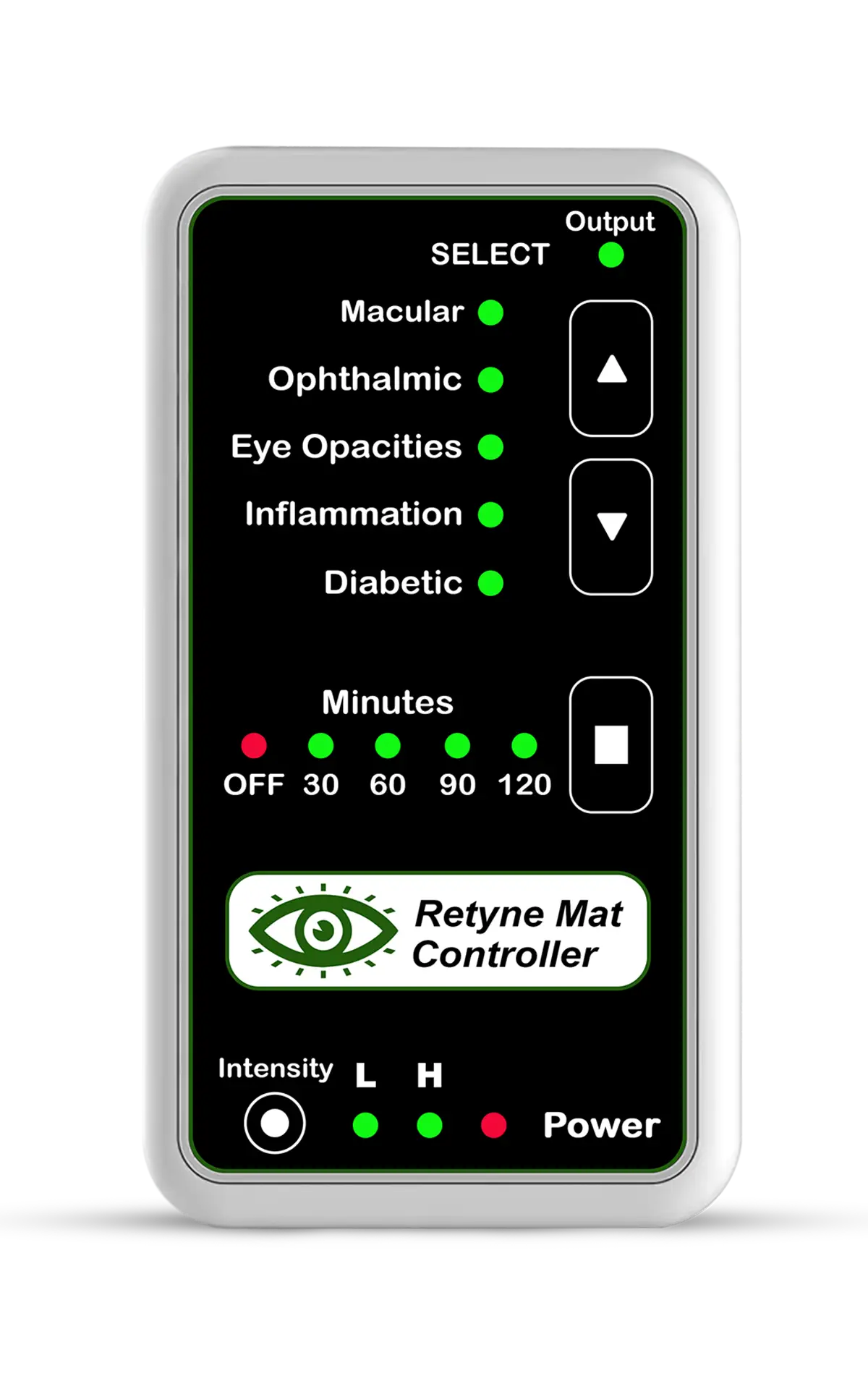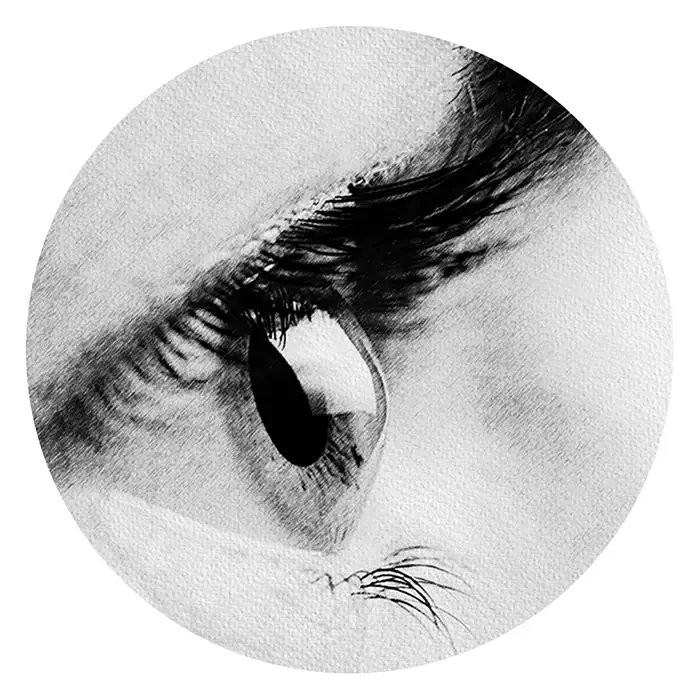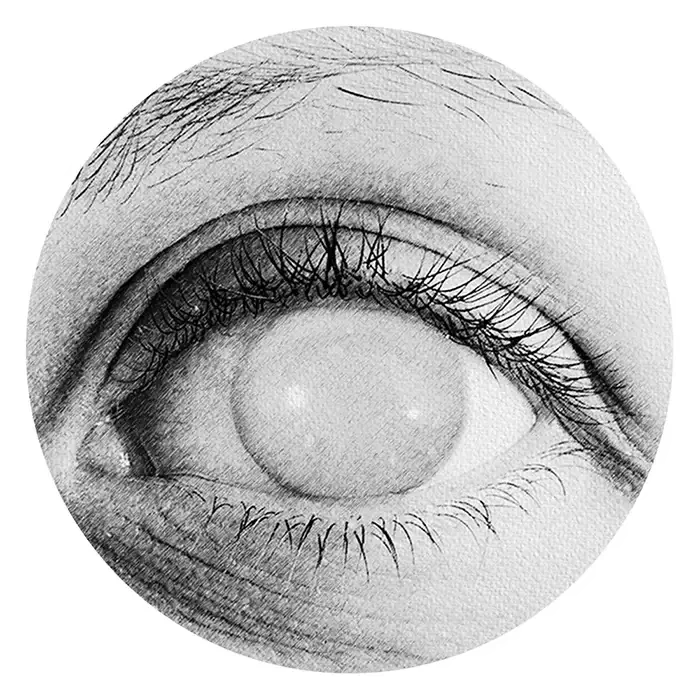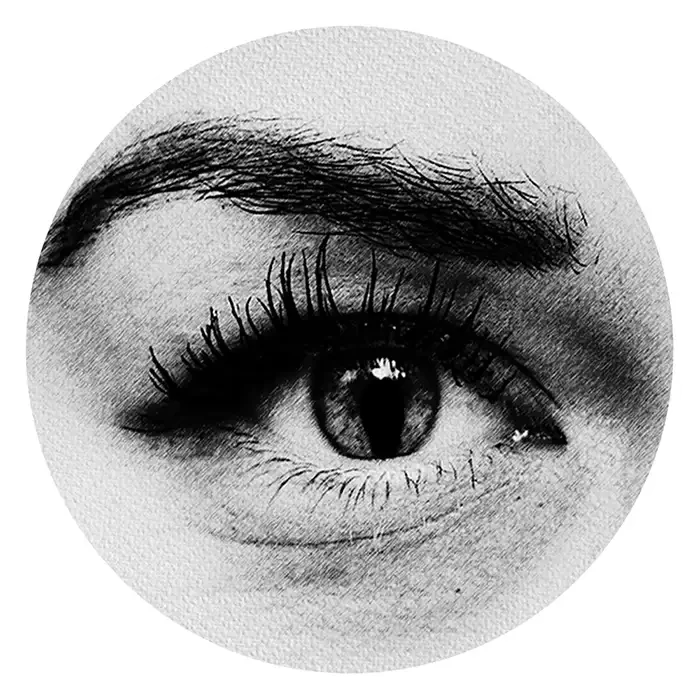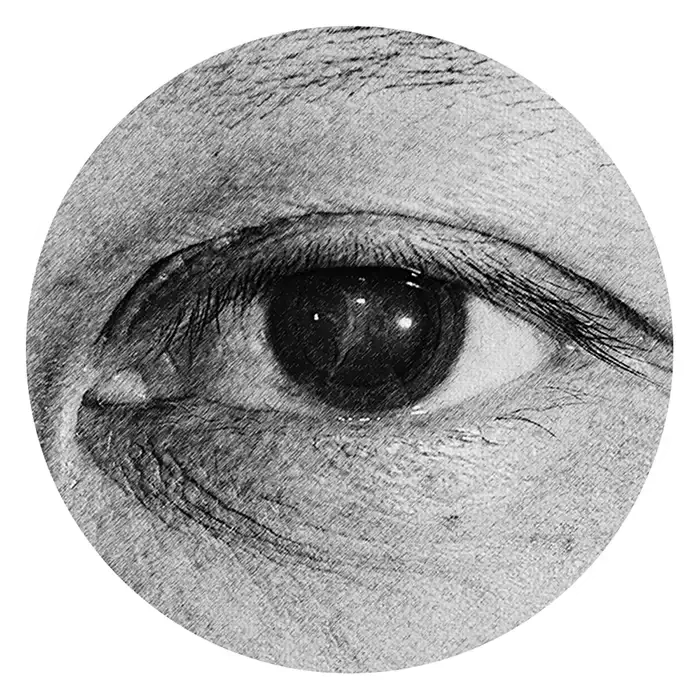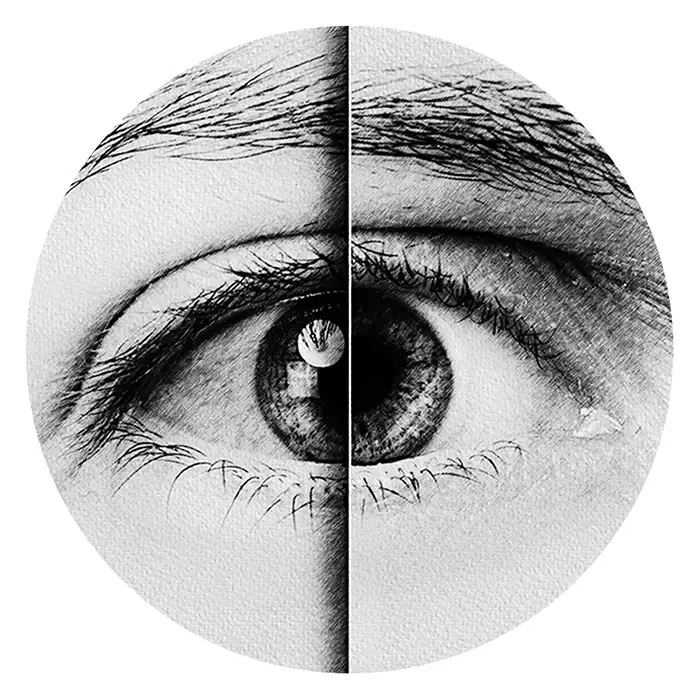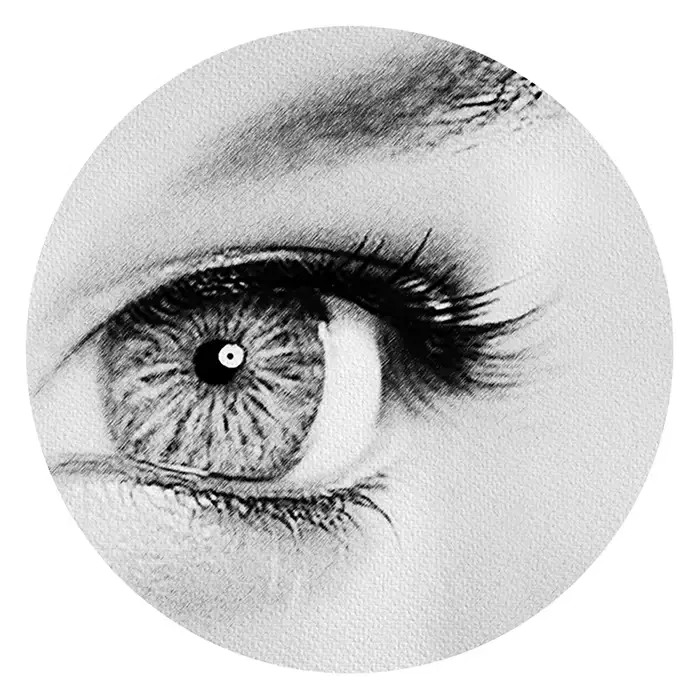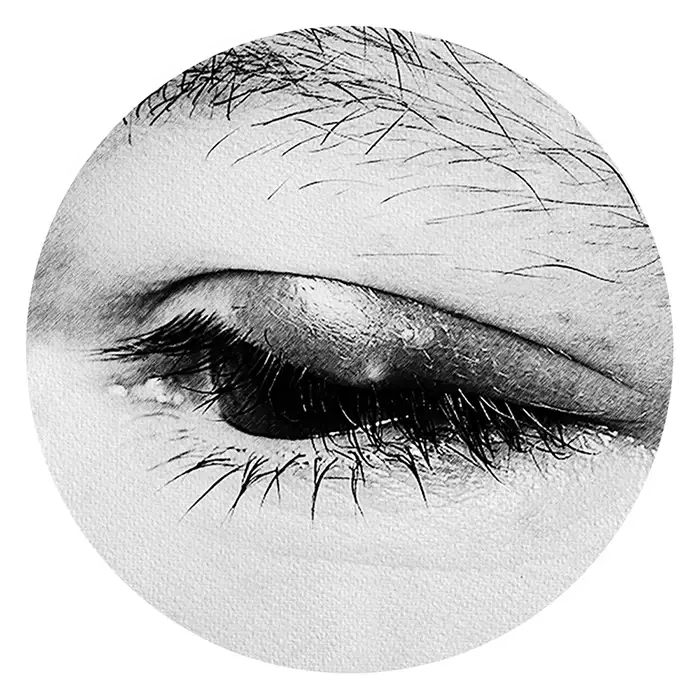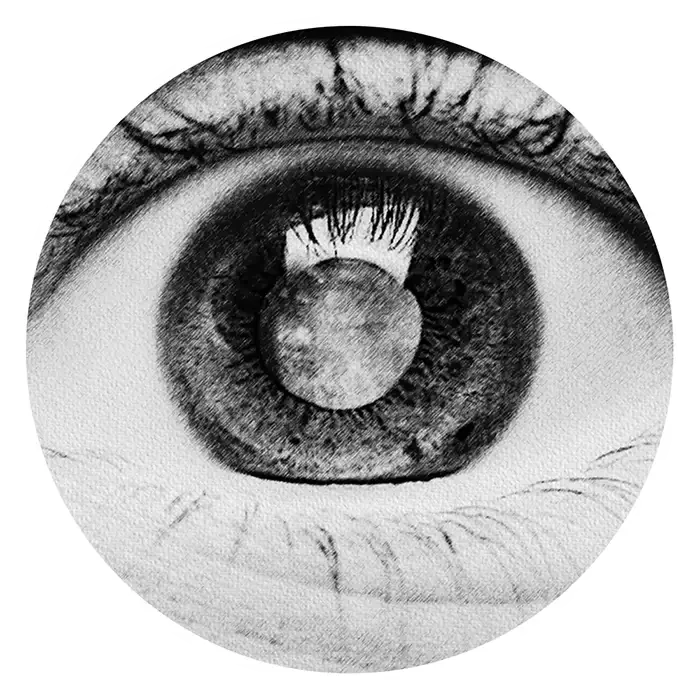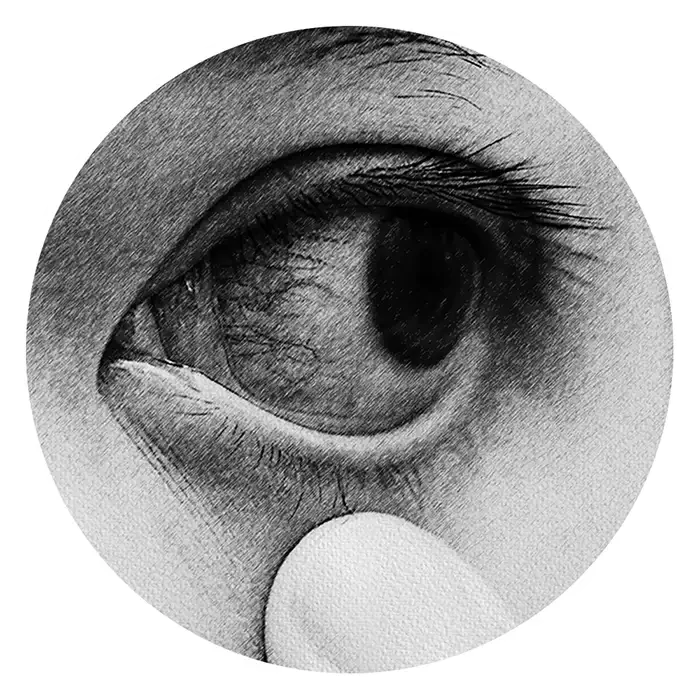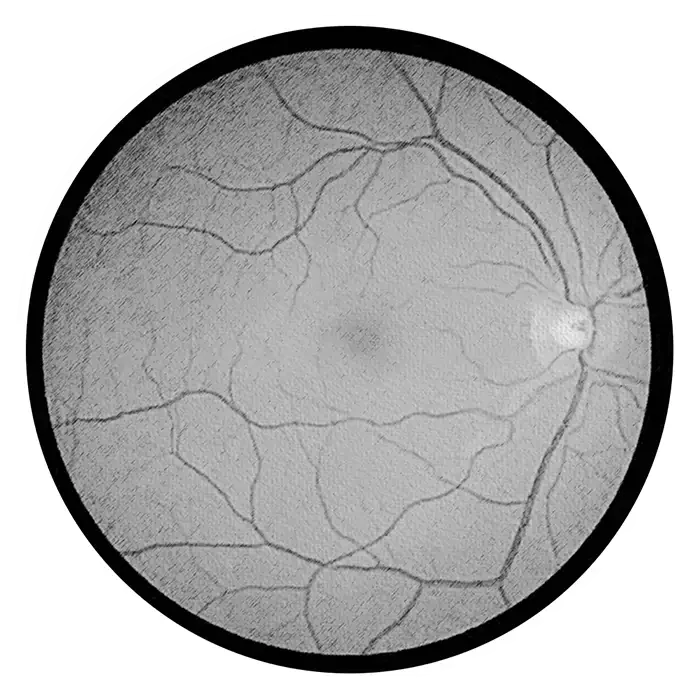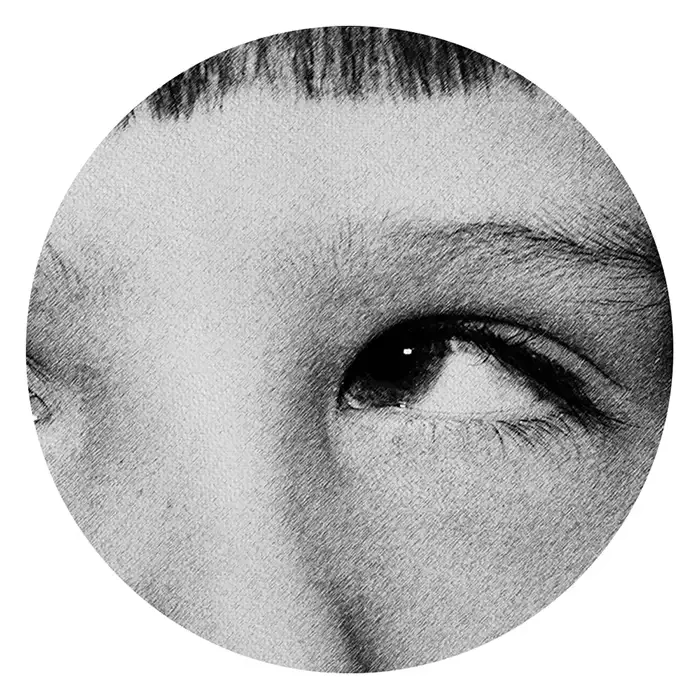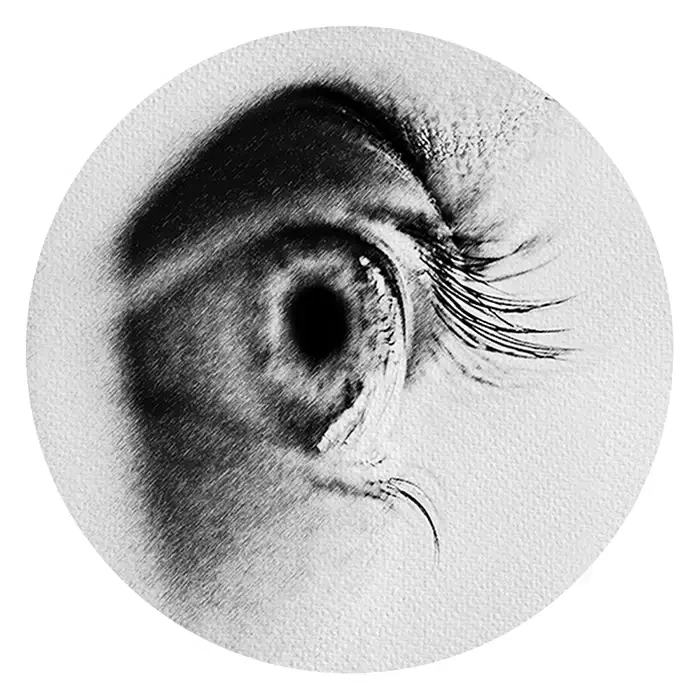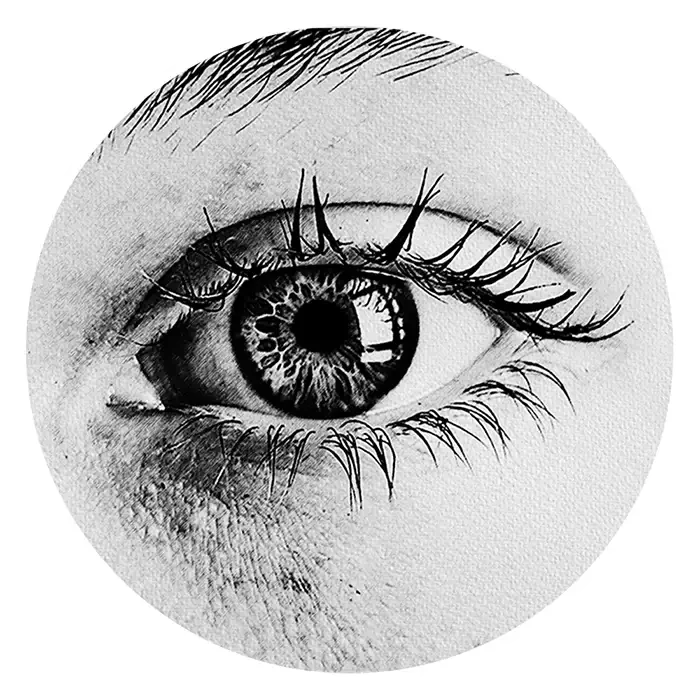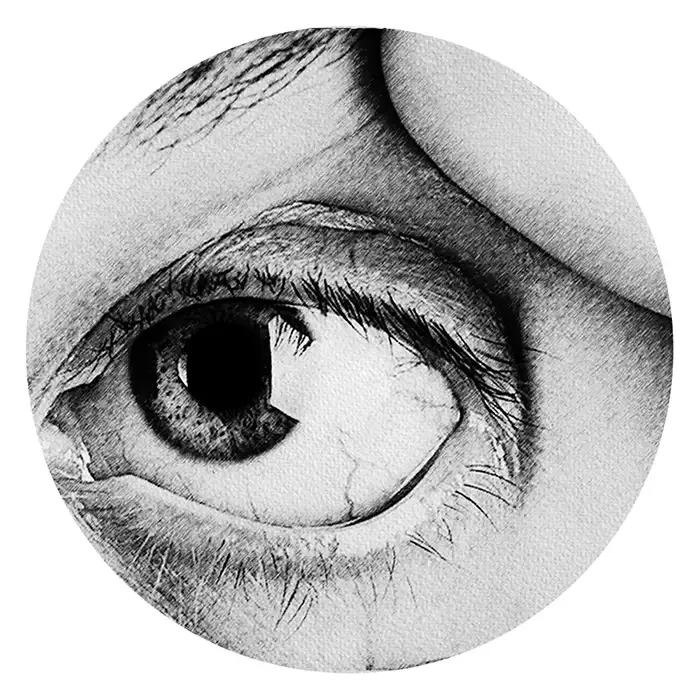Congenital cataracts:
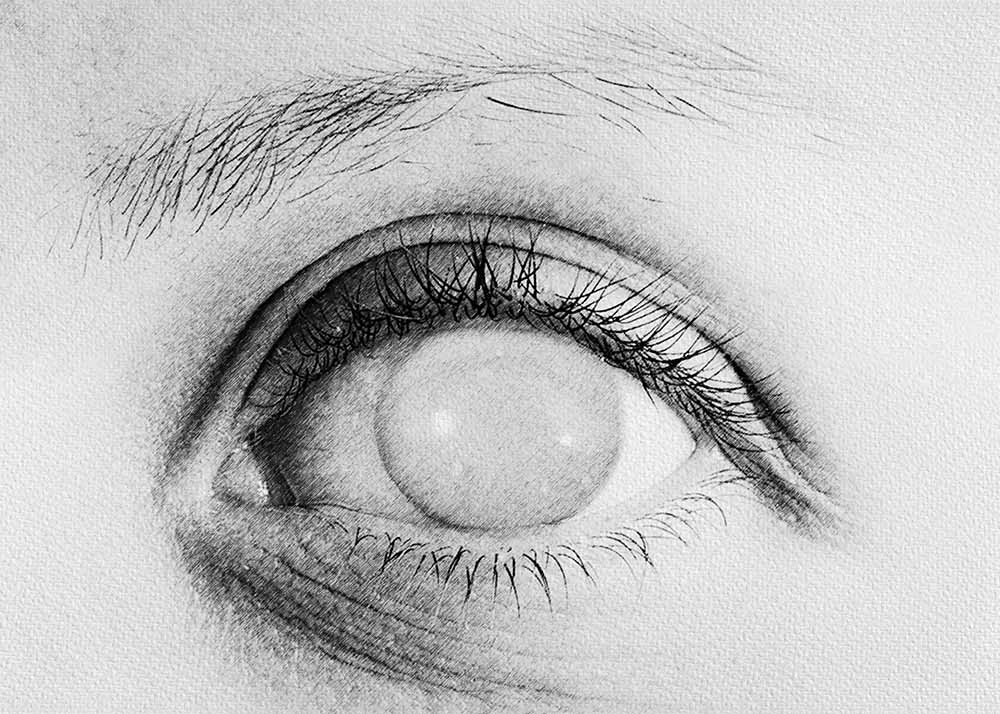
Congenital cataracts are lens opacities that are present at birth or develop during infancy. They can occur as isolated abnormalities or as part of a syndrome affecting other parts of the body. Congenital cataracts may impair vision development if left untreated, leading to amblyopia (lazy eye) or other visual impairments. The causes of congenital cataracts can vary and may include genetic mutations,mask ernal infections during pregnancy, metabolic disorders, or intrauterine exposure to toxins or medications.
Diagnosis of congenital cataracts typically begins with a comprehensive eye examination of the newborn or infant by an ophthalmologist. Specialized techniques such as retinoscopy, slit-lamp examination, and ultrasound imaging may be used to assess the size, location, and density of the cataract. Additionally, a thorough medical history and genetic testing may be conducted to identify any underlying conditions or syndromes associated with the cataract. Early detection and intervention are crucial to prevent visual impairment and promote healthy visual development in infants with congenital cataracts.
The Retyne Infrared Eye treatment mask presents a potential adjunctive therapy for managing the symptoms of congenital cataracts. Program #3 on the Retyne controller delivers invisible infrared light therapy directly to the affected eye, targeting cellular repair, reducing inflammation, and promoting healthy lens development. By utilizing infrared light therapy, the Retyne mask aims to support the natural healing processes within the eye, potentially slowing the progression of congenital cataracts and improving visual outcomes for affected infants. This non-invasive approach to treatment may offer a safe and effective option for optimizing visual development in infants with congenital cataracts, complementing traditional interventions such as surgery or corrective lenses. Further research and clinical studies are necessary to fully evaluate the efficacy and long-term benefits of infrared light therapy in the management of congenital cataracts, but early evidence suggests that the Retyne Infrared Eye treatment mask holds promise as a valuable therapeutic tool in this context.
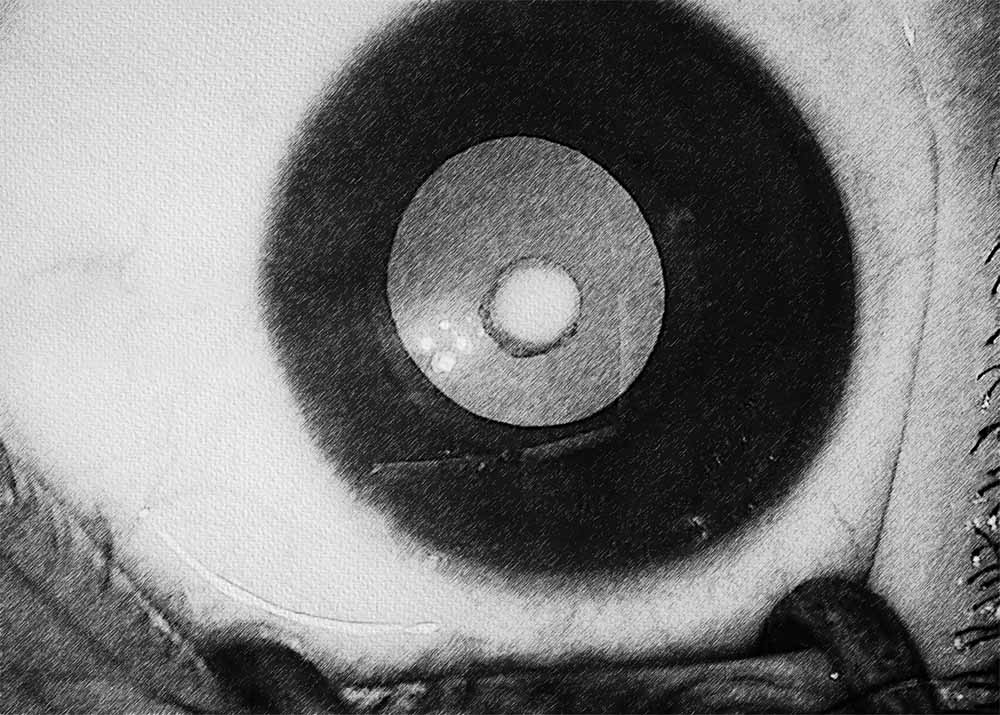
The Retyne Eye Treatment Mask utilizes a carefully selected array of frequencies (0.97, 5.78, 7.5, 37.5, 125.19, 250, 325.65, 517.5, 683, 712.42), specifically tailored to address the symptoms associated with Congenital cataracts. These frequencies have been carefully chosen based on their established effectiveness in managing and treating this visual condition. Retyne employs an innovative approach by converting each frequency into invisible infrared light output, marking a significant advancement in merging frequencies with light.
This is a pioneering technology developed by Retyne Labs. Inspired by the groundbreaking work of Dr. Rife, who identified healing properties within specific frequencies and utilized light for their transmission, Retyne's method integrates current research on invisible infrared technology while drawing from past studies on light transmission through frequency sources. The result of these endeavors is the Retyne Eye Treatment Mask, representing the culmination of cutting-edge advancements in the realm of visual care.
Congenital cataracts group exists at program 619 on the International ETDFL frequency list
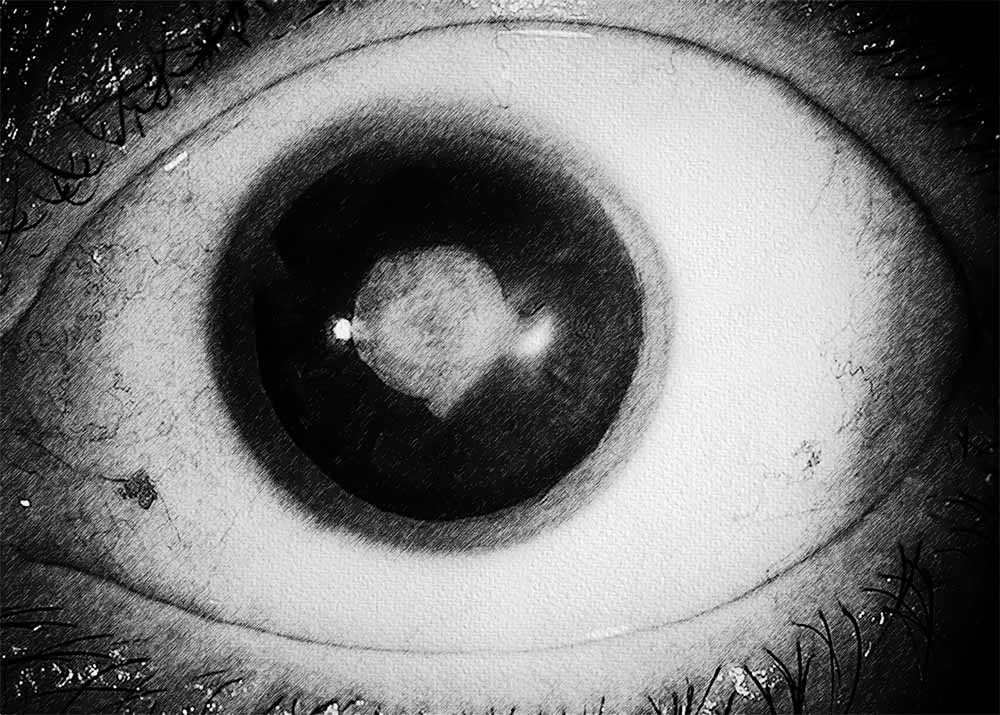
Compatibility
Standalone controller (Program #3) (Controller shipped with Retyne Eye Treatment Mask)
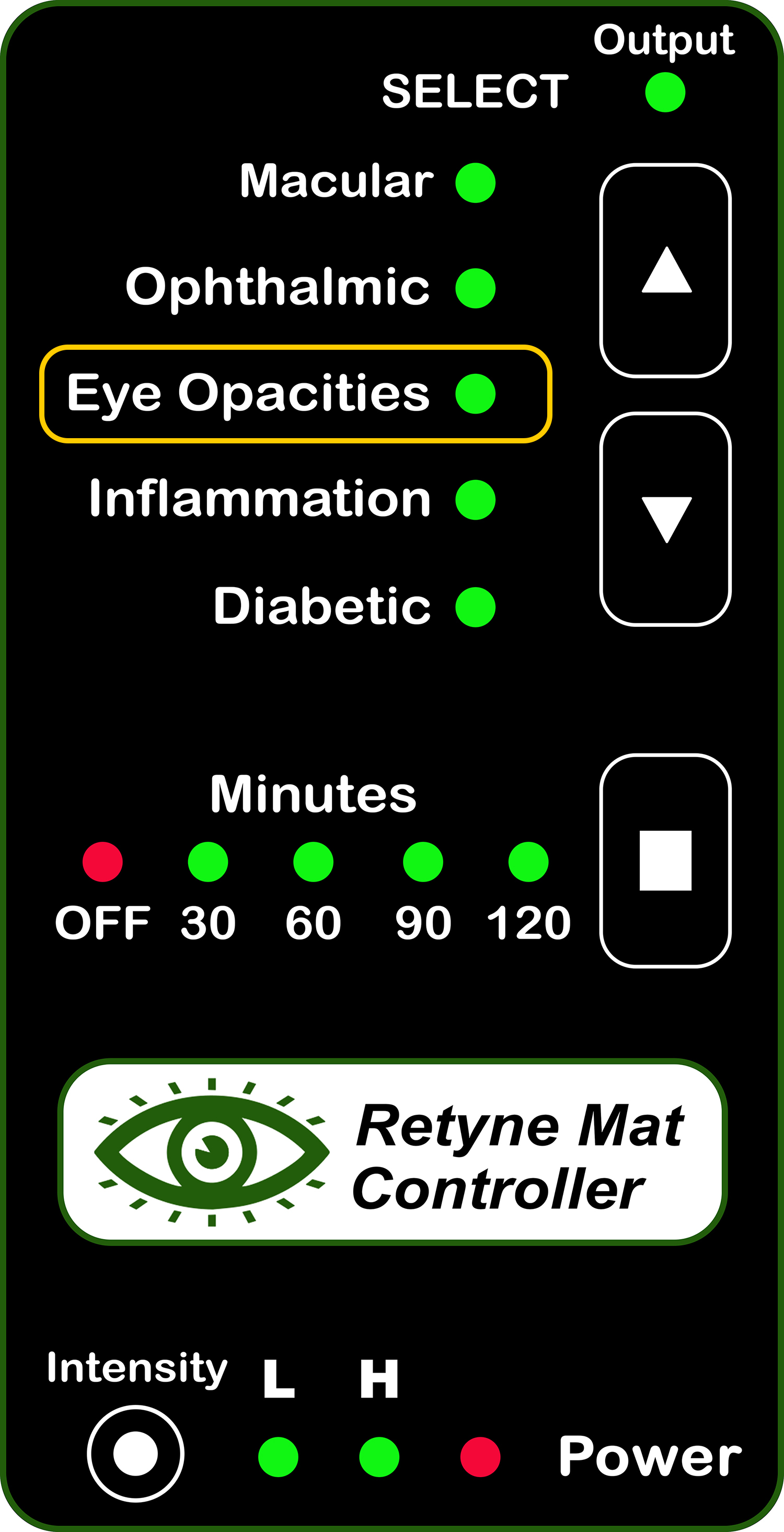
RDPV4 (Direct connect, use group 619)
RDPV4 Light Mask Program button 3
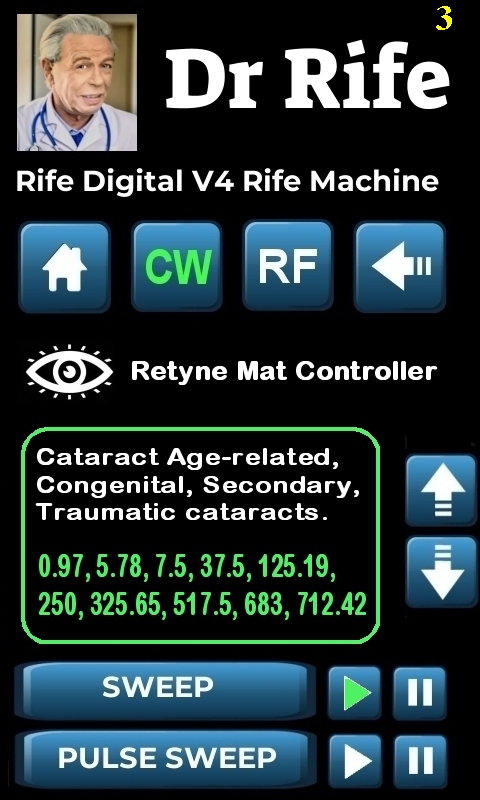
Click here for instructions on using the Retyne Mask + Controller
